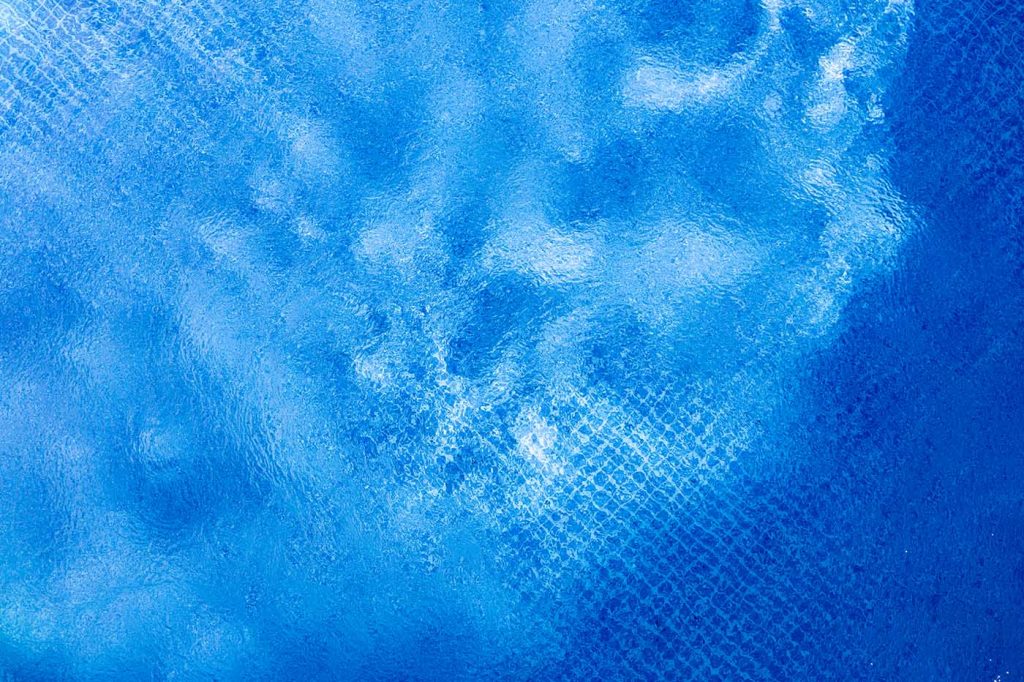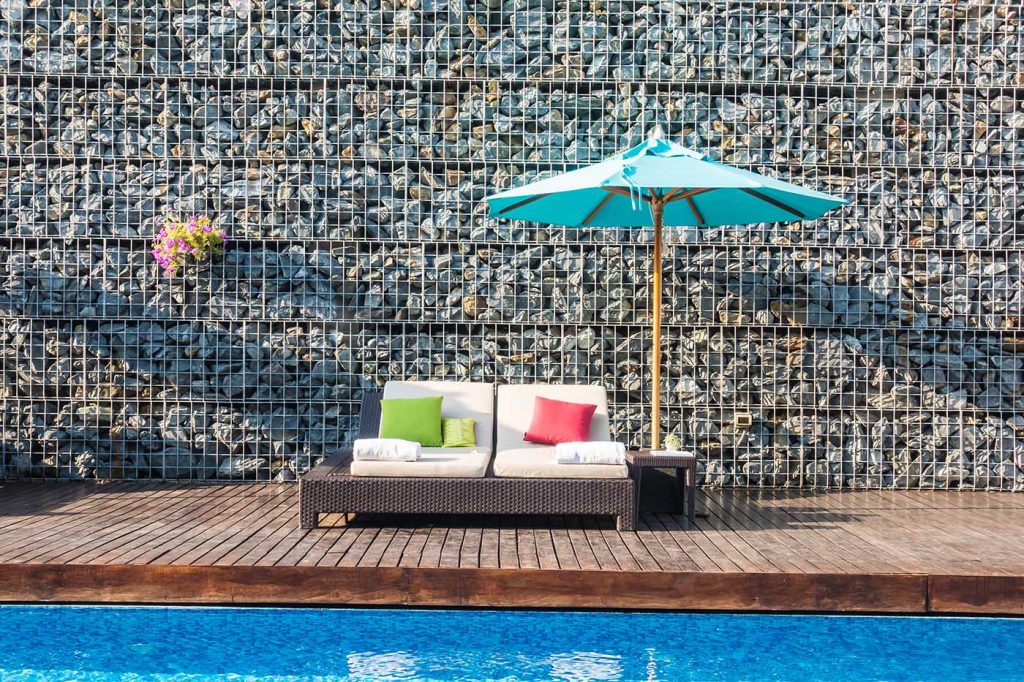Selecting the best filter for your swimming pool might seem like a non-issue at first, the vast majority of people simply replace the filter that the pool was first installed with like for like, or employ a pool cleaning company to maintain it for them. But if you have the luxury of owning your own pool then this is a factor that you really shouldn’t ignore, it’s a potentially small decision that could really make a big difference to the cleanliness and overall lifespan of the pool as well as your maintenance costs and the hygiene of your swimmers. Most importantly, if you are unsure consult an expert.

Clarifying what a filter does for your pool
Not to try and tell people how to suck eggs, but it might not be quite as obvious as you might think. In fact an all too common answer is that it filters out the bacteria from the pool water. This is not the case. The chlorine in the water kills the bacteria and the filters task is to remove all of the dead bacteria, debris and other nastiness from the water so that the water is kept as clean as possible. A subtle but important difference. A pool filter achieves this by having the water pass through really tiny holes in the material it is constructed from, the smaller the holes then the purer the filtered water as less is able to get through it. This fitler scale is known as microns, as the holes are microscopic, just like the dead bacteria they are trying to catch.
Look at this
Recommended
Types of filter
From this basic understanding of filters and the knowledge that the average bacteria is up to 10 microns in size should make it clear that you need to buy a high quality pool filter. There are a few different types of filter on the market, but the main ones are a Cartridge Filter, a Sand Filter and a DE Filter.
Sand filters are the most basic kind of filter and will generally remove items up to 20-40 microns in size. They are quite big and heavy due to the volume of sand required and require back-washing every few weeks to keep clean. Sand filters will typically last a few years, giving them the most longevity of the three.
Cartridge filters are probably the most common kind in use, they will remove items up to 10-15 microns in size and easy to maintain with simple cleaning requirements. A cartridge filter will need to be replaced yearly and the type and size will vary depending on the pool it is servicing.

finally DE Filters, or Diatomaceous Earth Filters, are by far the most efficient, filtering items as small as 2-5 microns, and work on a different system whereby the inside is coated with a special powder made from fossilised diatoms. This is what provides its exceptional filtration abilities, but it also means that this is the most expensive filter to use. The filter will last a few years though and although it will require cleaning every six months or so, but the need to add extra DE power adds to the cost.



